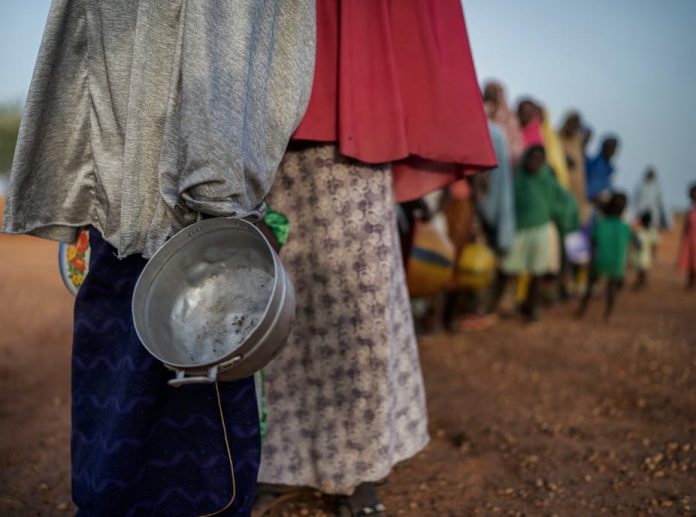This was revealed on Friday following the successful conclusion of the Africa Green Revolution Forum 2021 summit at Serena Hotel, Nairobi.
“It is easy to go off the track. We now need to pounce back,” Alliance for a Green Revolution in Africa chair Hailemariam Desalegn said.
Desalegn said there is a need for countries to transform their food systems if the war being waged against hunger is to be won.
“There is a need for a more integrated approach in our food systems from production to consumption,” he said.
Desalegn said there is a need to adopt technology and innovation to improve productivity.
He said there is a need for resources allocated to agriculture are increased.
The summit, which started on Tuesday, was under the theme ‘Pathways to recovery and resilient food systems.’
At the African Union Summit in Malabo, Equatorial Guinea, in June 2014, heads of state and government adopted a remarkable set of concrete agriculture goals to be attained by 2025.
The Malabo Declaration on Accelerated Agricultural Growth and Transformation for Shared Prosperity and Improved Livelihoods is a set of new goals showing a more targeted approach to achieve the agricultural vision for the continent.
The Malabo Summit reconfirmed that agriculture should remain high on the development agenda of the continent, and is a critical policy initiative for African economic growth and poverty reduction.
The heads of state made commitments to the pursuit of agriculture-led growth as the main strategy to achieve targets on food and nutrition security and shared prosperity.
Other commitments included a commitment to allocate at least 10 per cent of public expenditure to agriculture and to ensure its efficiency and effectiveness.
It also committed to ending hunger in Africa by 2025.
Desalegn said there has been consensus that hunger must be ended.
“We must end hunger and poverty, the momentum should not be lost,” Desalegn said.
Agriculture PS Hamadi Boga and Agra deputy president Fadel Ndiame were present during the press briefing.
Boga described the summit as a success.
The PS said Kenya has in the last four years been discussing how to end hunger under the Big Four agenda.
“Kenya is focusing on inclusion and putting the small-holder farmer at the centre,” Boga said.
The PS said the government has been supporting agro-processing while urging young people to take up agriculture as a source of employment.
Boga said the average age of a farmer in the country was 59 years, while that of the consumer was 17 years.
“A lot of efforts are ongoing to have the youth step up into the sector.”
On Monday, the government said at least two million Kenyans from 10 counties have been affected by drought.
Boga said the government was mobilising resources to help those affected by drought in arid and semi-arid areas.
President Uhuru Kenyatta on Wednesday declared the drought affecting parts of the country a national disaster.
Consequently, the President instructed the National Treasury and the Ministry of Interior to spearhead the government’s efforts to assist affected households, including water and relief food distribution as well as livestock uptake.
Boga said the state was focusing on water, pasture and cash transfers where necessary.
Ndiame said 38 per cent of the 8,000 participants in the summit were women.
